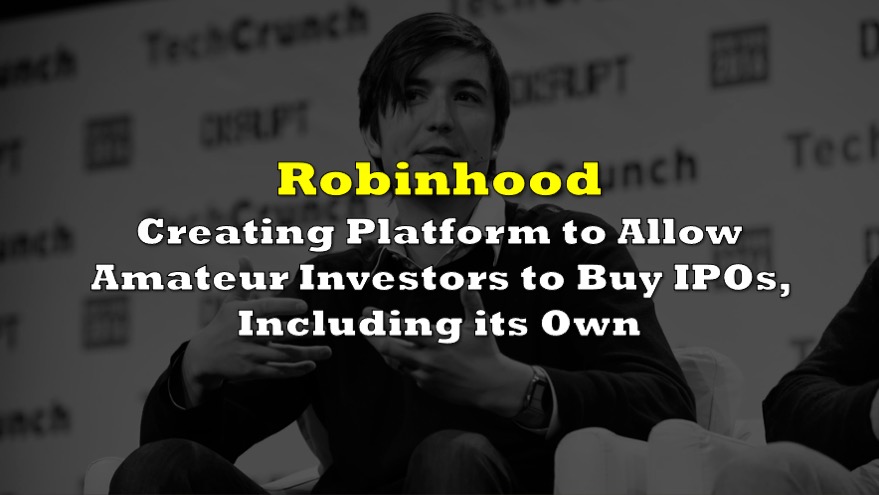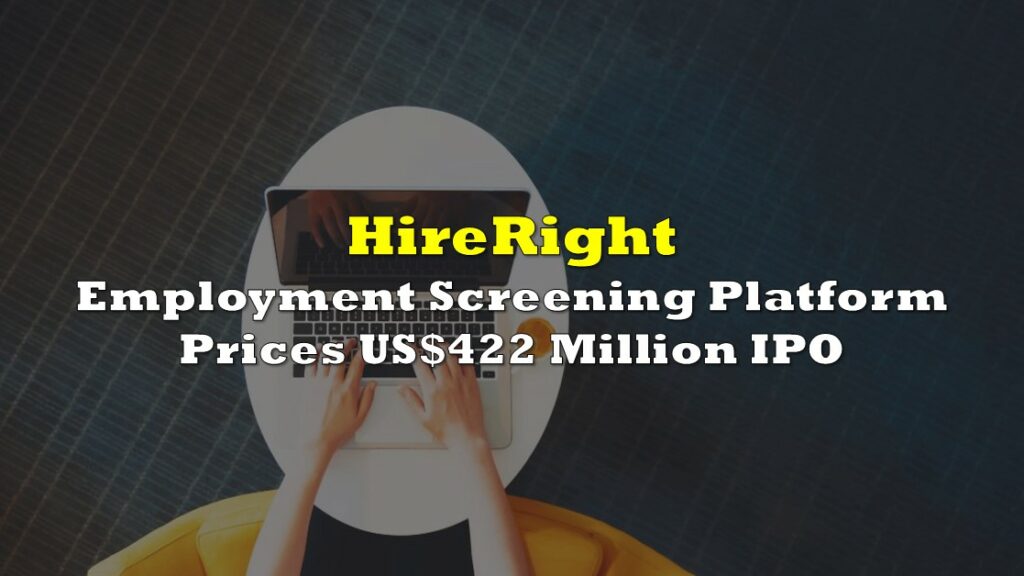While still brushing off daytrader anguish and congressional scrutiny after its decision to pause trading of several heavily-shorted meme stocks, Robinhood has decided to take another approach at pushing its “democratize finance for all” narrative, this time by building a platform that will allow users to buy into IPOs.
Last month, Robinhood faced an onslaught of criticism from retail investors and regulators alike, after it halted trading of several surging meme stocks that were threatening to derail several prominent hedge funds. Subsequently, it was also at this time that everyone learned Robinhood’s fancy talk of “free” trades was merely a facade for Citadel and other hedge funds to buy retail orderflow in aggregate and take advantage of shifting stock market trends.
Although Robinhood was able to get through the congressional hearing without any serious ramifications, the reputation it built up from its “democratize finance for all” catchphrase suffered some bruising. So much so, that the company was unsure it would be able to solicit enough institutional support ahead of its confidential IPO submission to the SEC.
After confirming its discrete IPO filing in a statement on Tuesday, Robinhood has decided to devise a new way to take advantage of retail investors turn a new leaf, and build a platform that “democratizes” IPOs. According to Reuters, which cited individuals familiar with the matter, Robinhood in currently in the midst of developing technology that will allow users to purchase shares (including its own, of course) alongside Wall Street funds prior to a company’s official trading debut.
Currently, Robinhood users and other retail investors are unable to purchase stock until the newly-listed company’s shares begin trading. Considering that shares tend to trade higher once they publicly launch, major funds that get allocations in the IPO often have a better advantage. According to the sources, Robinhood plans to allocate a portion of its IPO shares to the app’s users, and utilize the technology it is currently working on to carry out that part of the offering.
Although it certainly appears convenient that Robinhood would bring such ambitions to fruition following its sheepish IPO filing with the SEC, the technology would be new, and likely antagonize Wall Street’s traditional IPO methods. However, in order for Robinhood’s technology to materialize and allow users to buy into IPOs of other companies, the retail trading app would need get approval from US regulators, as well as negotiate terms with those companies and their respective brokerages.
In the end though— and what likely is the driving factor behind Robinhood’s ambitious technology— is that it would boost the valuation in its own IPO. The offering would factor in the added demand for Robinhood’s shares that otherwise would have come through only after its stock market debut.
Information for this briefing was found via Reuters. The author has no securities or affiliations related to this organization. Not a recommendation to buy or sell. Always do additional research and consult a professional before purchasing a security. The author holds no licenses.









